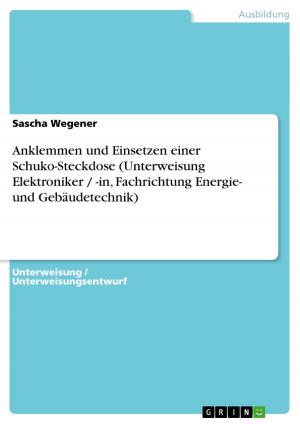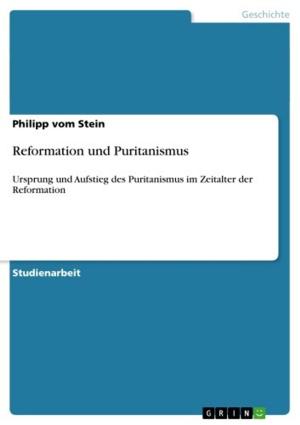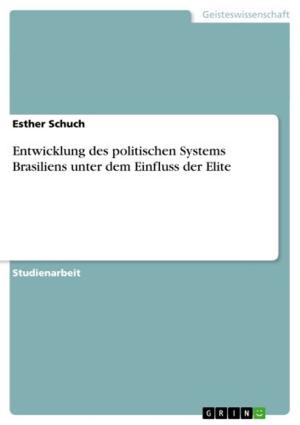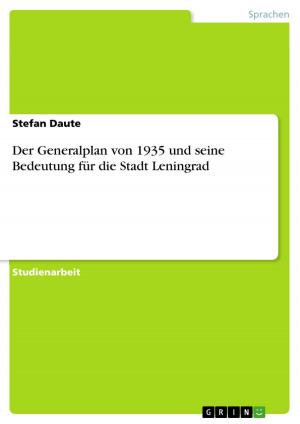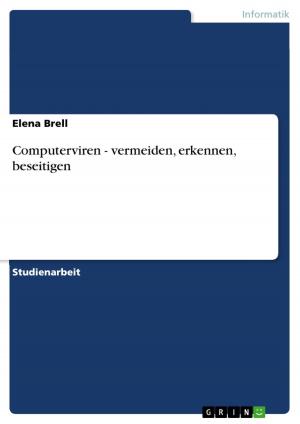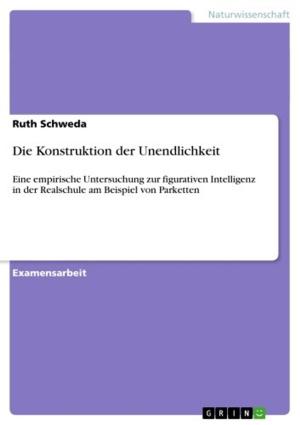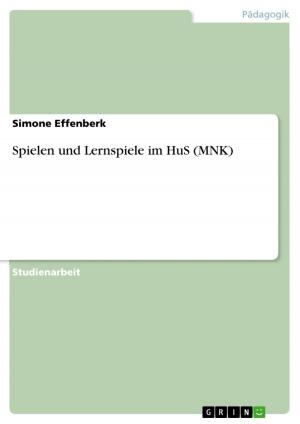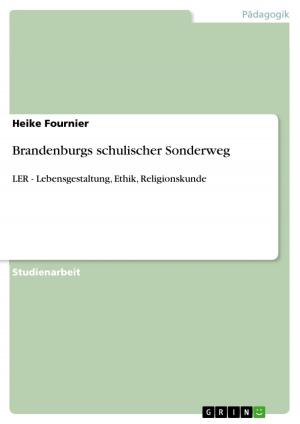The Character of the Extraprosodicity Theory
Nonfiction, Reference & Language, Language Arts, Linguistics| Author: | Youcef Hdouch | ISBN: | 9783668265110 |
| Publisher: | GRIN Verlag | Publication: | July 21, 2016 |
| Imprint: | GRIN Verlag | Language: | English |
| Author: | Youcef Hdouch |
| ISBN: | 9783668265110 |
| Publisher: | GRIN Verlag |
| Publication: | July 21, 2016 |
| Imprint: | GRIN Verlag |
| Language: | English |
Research Paper (undergraduate) from the year 2016 in the subject Speech Science / Linguistics, , course: Phonology, language: English, abstract: The principal objective of this article is to provide a characterization of the Standard Non-linear conception of extraprosodicity. This concept involves the claim that in some given string, certain constituents (autosegments, syllables, feet, etc.) may not count for the purpose of assigning prosodic structure. In this sense, they are extraprosodic. To achieve this goal, the present paper is divided into three sections. First, we proceed by defining this concept, delimitating its types and assessing each one against the other to work out their similarities and differences. The second one deals with the phonetics and phonology of extraprosodicity. The goal of this section is to show that extraprosodicity is phonetically well-motivated and phonologically well-founded. The third section deals with the representation of extraprosodic material. Different proposals are sketched and assessed against each other. In doing so, we are seeking to acquaint the unfamiliar reader with the issues extraprosodicity has raised.
Research Paper (undergraduate) from the year 2016 in the subject Speech Science / Linguistics, , course: Phonology, language: English, abstract: The principal objective of this article is to provide a characterization of the Standard Non-linear conception of extraprosodicity. This concept involves the claim that in some given string, certain constituents (autosegments, syllables, feet, etc.) may not count for the purpose of assigning prosodic structure. In this sense, they are extraprosodic. To achieve this goal, the present paper is divided into three sections. First, we proceed by defining this concept, delimitating its types and assessing each one against the other to work out their similarities and differences. The second one deals with the phonetics and phonology of extraprosodicity. The goal of this section is to show that extraprosodicity is phonetically well-motivated and phonologically well-founded. The third section deals with the representation of extraprosodic material. Different proposals are sketched and assessed against each other. In doing so, we are seeking to acquaint the unfamiliar reader with the issues extraprosodicity has raised.


